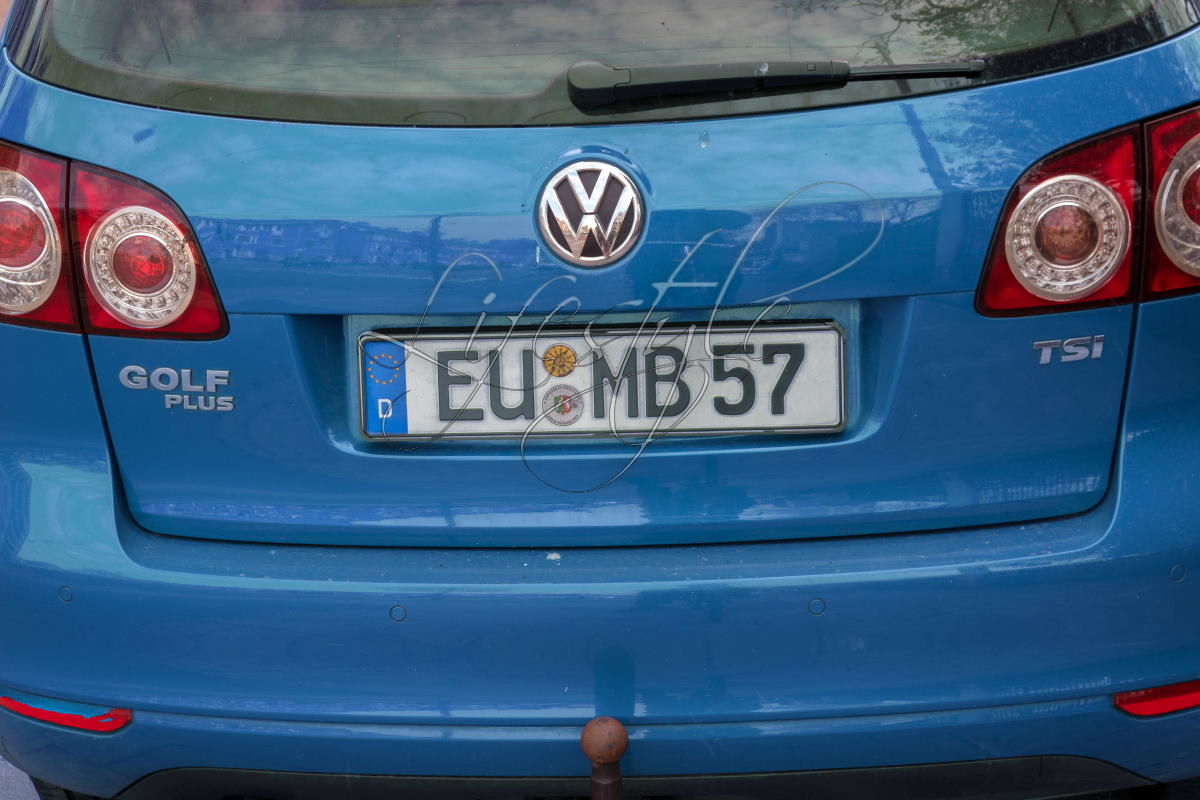Vital Papers Needed to Register a Foreign Vehicle in Spain
Vital Papers Needed to Register a Foreign Vehicle in Spain
Blog Article
Common Obstacles Faced During Foreign Car Registrations and Just How to Get over Them
Navigating the complexities of international vehicle enrollments can be a complicated job, filled with obstacles that differ considerably throughout jurisdictions. Issues such as understanding neighborhood regulations, overcoming language obstacles in crucial documentation, and resolving inconsistencies in automobile requirements frequently occur.

Comprehending Regional Rules
Navigating the complexities of international car registration starts with an extensive understanding of local regulations. Each country has its specific legislations and demands governing the enrollment of lorries, which can differ dramatically from one territory to an additional (Register a foreign Vehicle in Spain). It is critical for international car proprietors to familiarize themselves with these guidelines to guarantee conformity and stay clear of prospective penalties or lawful problems

Moreover, some territories mandate vehicle assessments to establish compliance with regional safety and security and exhausts standards. This could require alterations to the vehicle before it can be legitimately signed up. Engaging with local authorities or speaking with lawful professionals can supply clarity on these guidelines.
Language Barriers in Paperwork
Language barriers posture considerable difficulties when it pertains to the documents required for international automobile enrollment. Several people experience problems in recognizing the details demands laid out in local regulations, as these records are typically published in the main language of the host nation. Misinterpretations can result in the entry of incorrect or insufficient documents, resulting in hold-ups or rejection of registration.
Moreover, essential documents, such as title acts, evidence of possession, and insurance coverage, might not have conveniently offered translations - Register a foreign Vehicle in Spain. This can produce confusion for international automobile owners that are not familiar with the regional terminology and lawful jargon. Therefore, navigating the registration procedure comes to be troublesome, usually calling for added effort and time to make certain compliance
To minimize these issues, it is recommended for foreign automobile owners to seek specialist translation solutions or consult neighborhood professionals who can help in comprehending the requisite documentation. Additionally, government companies may offer multilingual sources or guidelines to promote the registration process. Proactively resolving language obstacles can simplify the registration experience, ensuring that all needed records are accurately prepared and sent in conformity with regional laws.
Lorry Specification Discrepancies

Coming across car spec discrepancies can create significant hurdles for international automobile owners throughout the registration process. These discrepancies frequently occur from differences in producing criteria, measurement units, and regulatory requirements between the lorry's country of beginning and the host country. An automobile that satisfies safety and security and discharges standards in one country may not line up with the specs needed for registration in an additional, leading to hold-ups or straight-out rejections.
To get rid of these look at these guys obstacles, it is essential for international automobile owners to conduct detailed research before launching the registration procedure. This consists of comprehending the particular requirements established by the regional authorities, such as security standards, emissions levels, and any type of essential alterations. Engaging with a professional solution concentrating on international lorry registration can also give valuable insights and assistance in browsing these disparities.
Documents plays a crucial role, so guaranteeing that all technical requirements and adjustments are properly mirrored in the documents can mitigate issues. In addition, maintaining open interaction with regional registration authorities can supply clarity on any kind of prospective inconsistencies, enabling for prompt resolution and successful registration of the lorry.
Browsing Tax Obligation Requirements
Understanding the tax needs related to foreign lorry registration is essential for owners aiming to conform with regional guidelines. Each jurisdiction has certain tax responsibilities that have to be met before an automobile can be legally additional resources registered. These may include import responsibilities, value-added tax obligations (BARREL), and annual lorry taxes, which can differ considerably depending on the automobile's beginning, worth, and specifications.
To navigate these tax needs successfully, car owners should start by investigating the specific taxes appropriate in their area. Consulting with local tax authorities or a tax professional with experience in international car enrollments can offer clearness on the process and prospective responsibilities.
In addition, it is crucial to maintain detailed documentation of the vehicle's acquisition and any payments made, as this will certainly be necessary for tax obligation calculations and potential audits. Proprietors must additionally know any type of deadlines connected with tax obligation repayments to stay clear of fines or delays in registration.
Assessment and Conformity Issues
Routinely resolving assessment and compliance problems is essential for proprietors of international vehicles seeking to register them in a brand-new territory. Each region has distinctive guidelines concerning lorry security, emissions, and modifications, which can position considerable challenges for owners not familiar with neighborhood requirements. Recognizing these requirements is important to stay clear of delays and extra expenses.
One common concern occurs when foreign lorries do not fulfill the host jurisdiction's safety and discharges requirements. Proprietors need to proactively verify that their automobiles follow neighborhood guidelines, which may entail adjustments or getting essential documentation from suppliers. Furthermore, several jurisdictions require a detailed assessment by an accredited center, which can bring about further complications if the vehicle fails to meet given criteria.
To navigate these difficulties, proprietors can consult neighborhood vehicle enrollment authorities or seek help from specialists accustomed to the registration procedure. Preparing all needed documentation in breakthrough, including previous assessment records and evidence of compliance, can enhance the enrollment process. Inevitably, extensive prep work and awareness of assessment needs can considerably improve the chance of a successful foreign vehicle registration.
Conclusion
In summary, official source the process of international vehicle registration requires various difficulties, including understanding of regional policies, language obstacles in documents, discrepancies in lorry specifications, navigating of tax demands, and inspection and compliance issues. Attending to these obstacles demands attentive study, utilization of specialist translation solutions, and appointment with neighborhood authorities. Engaging specialized solutions can ensure adherence to safety and discharges requirements, ultimately helping with a smoother registration procedure and compliance with all appropriate commitments.
Report this page